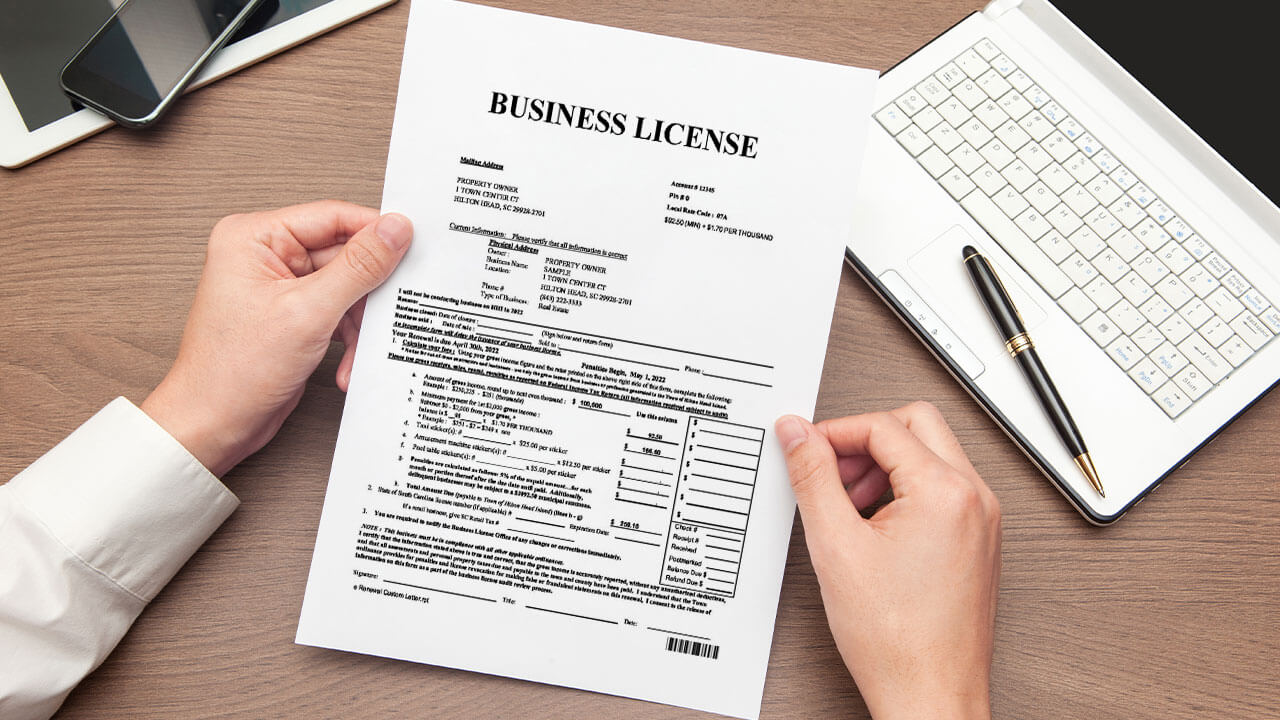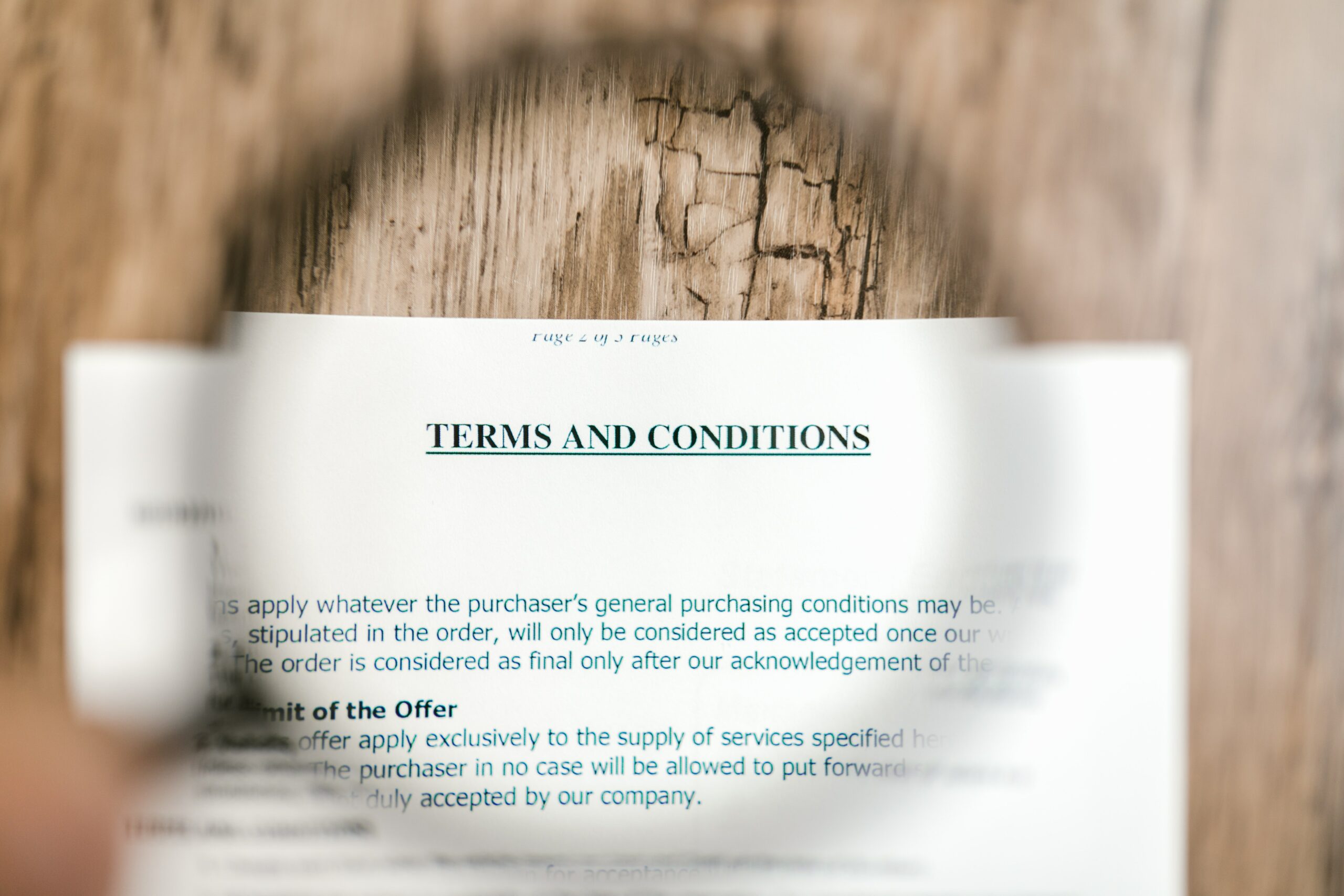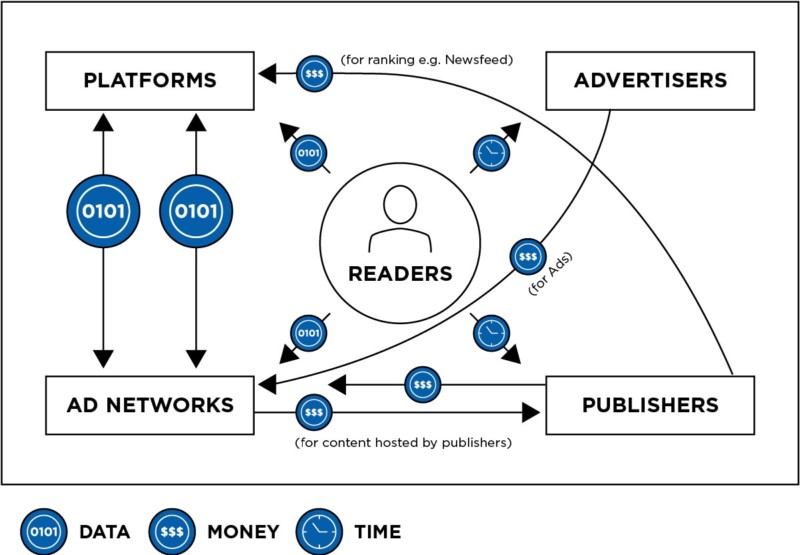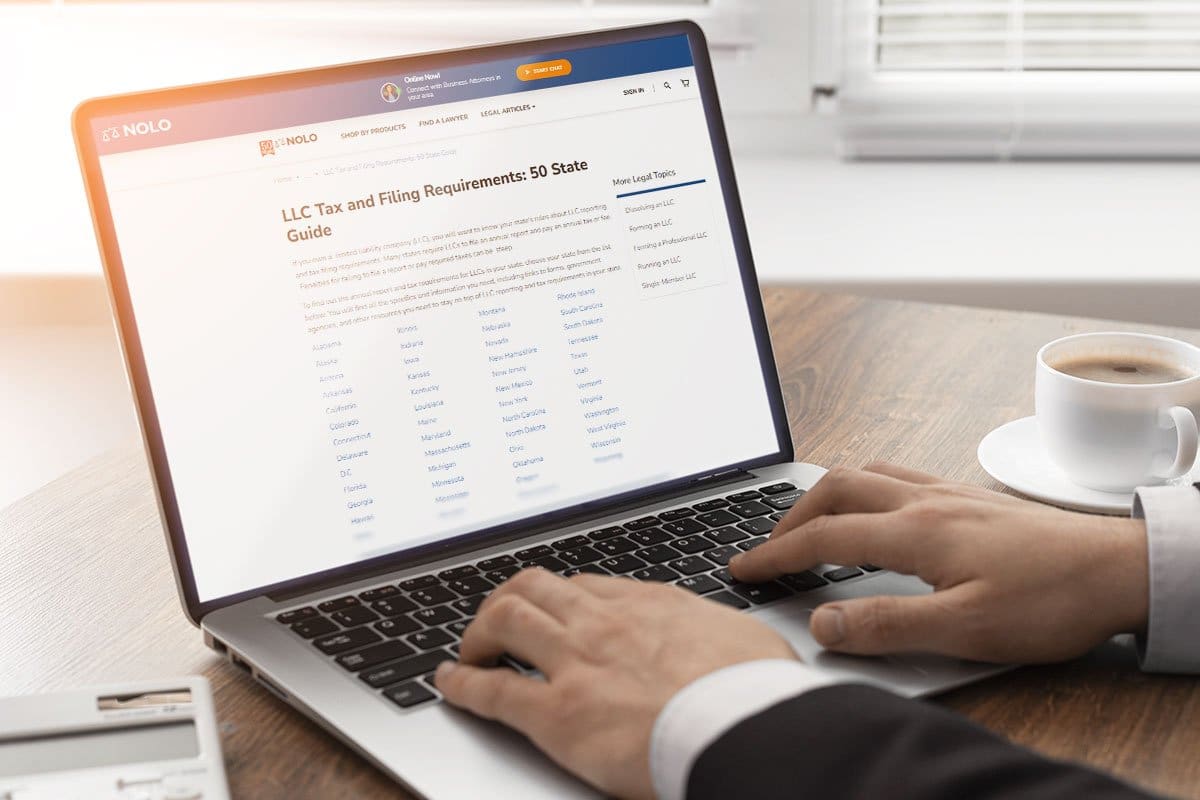
Published: Sep 28, 2024
8 Legal Documents You Need to Start Your Online Business in 2024
8 Legal Documents You Need to Start Your Online Business in 2024
Hey there, fellow entrepreneur! Elena Martinez here, your e-commerce maven and biz bestie. I’ve been around the online business block a few times (and have the legal papercuts to prove it!), so trust me when I say: getting your legal ducks in a row is a must before you open your virtual doors. But don’t worry, I’ve got your back! Let’s untangle the red tape together and get you set up for online success.
TLDR: Wondering what legal documents are absolutely essential for launching an online business? I've got you covered!
1️⃣ What are the most important legal documents for an online business?
The non-negotiables include a business license, EIN, DBA registration (if applicable), and a solid set of Terms of Service and Privacy Policy. These lay the legal groundwork and protect both you and your customers. Don’t skimp on these!
2️⃣ Do I need any special permits or licenses for e-commerce?
Depending on what you’re selling and where, you may need additional permits like a sellers permit, health permit (for food/beauty products), or home occupation permit if you’re running things from your casa. But don’t stress, I’ll walk you through it!
3️⃣ How do these legal docs protect my online biz?
Think of them as your business bodyguards! They shield your personal assets (hello, LLC), keep you compliant with the law, and set clear expectations with your customers. Plus, they make you look legit and trustworthy - and that’s priceless in the online world.
Table of Contents
- The Legal Doc Checklist
- DIY vs. Hiring a Pro
- Frequently Asked Questions
- Do I need a business license for my online store?

- What’s the difference between an LLC and a sole proprietorship?

- Do I need to collect sales tax for online sales?

- What should I include in my website’s Terms of Service?

- Is it legal to use stock photos on my e-commerce site?

- Do I need to trademark my business name?

- What’s the deal with GDPR and do I need to worry about it?

- Can I sell handmade food products online?

- Do I need a business license for my online store?
- Choosing the Right Business Structure
- Keeping It Legal: Permits, Trademarks & More
- Business License 101
The Legal Doc Checklist
Alright, let’s dive into the nitty-gritty of the legal docs you’ll need for your online biz. I’ve been through this process more times than I can count, so I’ll break it down for you step-by-step.
EIN (Employer Identification Number)
Think of this as your business’s Social Security number. You’ll need it to:
- Open a business bank account
- File taxes
- Hire employees (if that’s in your game plan)
Getting an EIN is free and easy - just hop on the IRS website and you can snag one in minutes.
DBA (Doing Business As) Registration
If you’re not using your legal name as your business name, you’ll need to register a DBA. For example, if I’m Elena Martinez but want to call my shop “Chic Geek Boutique,” I’d need a DBA.
- Check with your local county clerk’s office for requirements
- Costs vary, but expect to pay around $50-$100
Sellers Permit
Planning to sell physical products? You’ll need this bad boy to collect sales tax. Each state has different rules, so check with your state’s Department of Revenue.
Home Occupation Permit
Running your biz from your living room? Some cities require a home occupation permit. It’s usually pretty cheap (under $50) and helps keep you legal with local zoning laws.
Terms of Service
This is your rule book for how customers can use your site and products. It should cover:
- Payment terms
- Shipping policies
- Intellectual property rights
- User conduct guidelines
Don’t copy-paste from other sites - customize it for your biz!
Privacy Policy
With data privacy laws like GDPR and CCPA, a solid privacy policy is non-negotiable. It should explain:
- What info you collect
- How you use it
- Who you share it with
- How customers can control their data
Return/Refund Policy
Clear return policies = happy customers. Outline:
- How long customers have to return items
- What condition items must be in
- Who pays for return shipping
- How refunds are processed
Disclaimers
Cover your butt with some well-placed disclaimers. Common ones include:
- Affiliate link disclosures
- Health/medical advice disclaimers
- “Results may vary” for any before/after claims
Remember, these docs aren’t just boring paperwork - they’re your business armor! I learned this the hard way when a customer tried to sue my first e-commerce biz over a misunderstanding about shipping times. My airtight Terms of Service saved me from a massive headache (and potentially thousands in legal fees).
Don’t stress if this feels overwhelming. Start with the basics (EIN, business license, ToS, and Privacy Policy) and build from there. And hey, if you’re really stuck, there’s no shame in calling in the pros. A good business lawyer can be worth their weight in gold!
DIY vs. Hiring a Pro
Okay, let’s talk about whether to tackle these legal docs yourself or bring in the big guns. I’ve done both, so I’ll give you the inside scoop.
DIY Route
Pros:
- Cost-effective: You’re not shelling out hundreds for lawyer fees.
- Learn as you go: You’ll understand your biz inside and out.
Cons:
- Time-consuming: Prepare for some late nights with legal jargon.
- Risk of errors: One mistake could cost you big time down the road.
DIY Resources:
- LegalZoom
 Great for basic docs and filings.
Great for basic docs and filings. - Rocket Lawyer
 Offers customizable templates.
Offers customizable templates. - NOLO
 Fantastic for small biz legal education.
Fantastic for small biz legal education.
Hiring a Pro
Pros:
- Expert advice: A good lawyer catches things you might miss.
- Peace of mind: Sleep easy knowing your legal ducks are in a row.
Cons:
- Expensive: Lawyer fees add up fast.
- Finding the right fit: Not all lawyers get the online biz world.
Where to Find Legal Help:
- Avvo
 Find and compare business lawyers in your area.
Find and compare business lawyers in your area. - UpCounsel
 Connect with top business attorneys.
Connect with top business attorneys. - Local Bar Association: Often have referral services for small biz owners.
My Two Cents
When I launched my first online store, ChicCharm, back in 2016, I went the DIY route. I used LegalZoom for my LLC paperwork and cobbled together my Terms of Service from online templates. It worked… until it didn’t. A sticky situation with a customer return policy nearly cost me thousands.
For my second venture, MarketMaven in 2019, I bit the bullet and hired a lawyer specializing in e-commerce. Yeah, it was pricey – about $2,500 for a full legal package. But that investment paid off when we expanded into Europe and needed to navigate GDPR compliance.
Here’s my advice: If you’re just starting out and funds are tight, DIY with caution. Use reputable online resources and double-check everything. As you grow and your legal needs get more complex, start budgeting for professional help. It’s like insurance for your business – you hope you never need it, but you’re glad it’s there when you do.
Remember, whatever route you choose, don’t skip the legal stuff. I’ve seen too many promising online businesses crash and burn over easily avoidable legal issues. Protect your dream, protect your business!
Frequently Asked Questions
Do I need a business license for my online store?
Yes, you’ll likely need a business license even for an online store. The exact requirements depend on your location and what you’re selling. For example, when I started my first online boutique in Austin, I needed both a general business license and a home occupation permit since I was operating from my apartment.
What’s the difference between an LLC and a sole proprietorship?
The main difference is liability protection. An LLC shields your personal assets if your business gets sued. A sole proprietorship doesn’t. I learned this the hard way with my first business - thankfully, it was just a close call!
Do I need to collect sales tax for online sales?
It depends on where you’re selling and where your customers are located. After the 2018 South Dakota v. Wayfair Supreme Court decision, many states now require online sellers to collect sales tax even without a physical presence in the state.
What should I include in my website’s Terms of Service?
Your Terms of Service should cover:
- User rights and responsibilities
- Intellectual property protection
- Payment and refund policies
- Limitation of liability
- Dispute resolution process
Is it legal to use stock photos on my e-commerce site?
It’s legal if you have the right license. Be careful with free stock photo sites - some require attribution. I use Shutterstock for my product photos to avoid any copyright issues.
Do I need to trademark my business name?
You don’t have to, but it’s a good idea if you want to protect your brand. I trademarked “ChicCharm” after a competitor tried to use a similar name. It cost about $275 for the federal application.
What’s the deal with GDPR and do I need to worry about it?
GDPR is an EU law about data privacy. If you have customers in the EU (even potentially), you need to comply. This includes having a clear privacy policy and getting explicit consent for data collection.
Can I sell handmade food products online?
You can, but there are strict regulations. Most states have Cottage Food Laws that allow small-scale home food production. You’ll likely need a special permit and to follow specific labeling requirements.
Choosing the Right Business Structure
Picking the right business structure is crucial for your online venture. I’ve been through this process multiple times, so let me break it down for you.
Sole Proprietorship
This is the simplest structure. It’s just you, doing business as yourself.
- Pros: Easy to set up, low costs, complete control
- Cons: Personal liability for business debts and legal issues
When I started ChicCharm from my Austin apartment in 2016, I began as a sole proprietor. It was perfect for testing the waters, but I quickly outgrew it.
Limited Liability Company (LLC)
LLCs offer personal asset protection and flexibility.
- Pros: Liability protection, tax flexibility, less paperwork than corporations
- Cons: More complex than sole proprietorships, may have higher fees
I switched ChicCharm to an LLC after six months. The peace of mind was worth the $300 filing fee in Texas.
Corporation
Corporations are separate legal entities from their owners.
- Pros: Strong liability protection, easier to raise capital, potential tax benefits
- Cons: More expensive to form, complex regulations, double taxation for C-corps
I formed MarketMaven as an S-corporation in 2019. The structure helped when we sought investor funding in 2021.
Factors to Consider
- Liability Protection How much personal risk are you comfortable with?
- Taxes: Each structure has different tax implications. Consult a CPA!
- Funding Goals: Planning to seek investors? Corporations might be better.
- Complexity: Consider your tolerance for paperwork and regulations.
State-Specific Considerations
- Delaware
 Known for business-friendly laws. I incorporated BizLaunch Academy here in 2021.
Known for business-friendly laws. I incorporated BizLaunch Academy here in 2021. - Nevada No state corporate income tax. Great for certain business models.
- Wyoming Strong privacy laws for business owners.
Remember, you can always change your structure as you grow. I started as a sole proprietor and now run three different business entities. The key is to start somewhere and adjust as needed.
Don’t let analysis paralysis stop you from launching. Pick a structure, get started, and refine as you go. Your future self will thank you for taking that first step!
Keeping It Legal: Permits, Trademarks & More
Starting an online business isn’t just about building a website and selling products. There’s a whole world of legal considerations to navigate. Let’s break it down:
Business Licenses and Permits
Depending on your location and business type, you might need:
- General Business License Most cities require this basic permit.
- Home Occupation Permit If you’re running your biz from home, like I did with ChicCharm.
- Professional License For certain fields like accounting or therapy.
Trademarks
Protect your brand name, logo, and slogans. I learned this the hard way when a competitor tried to copy ChicCharm’s branding.
- USPTO
 The official site for trademark registration.
The official site for trademark registration. - Cost: Starts at $250 per class of goods/services.
- Timeline: 6-12 months for approval.
Copyrights
For original content creators, this is crucial. It covers:
- Website copy
- Blog posts
- Product descriptions
- Photos and graphics
Sales Tax Permits
After the 2018 Wayfair decision, online sellers often need to collect sales tax in multiple states.
Data Privacy Compliance
Industry-Specific Permits
Some online businesses need extra permits:
- FDA Registration
 For food, supplements, or cosmetics.
For food, supplements, or cosmetics. - Alcohol and Tobacco License For selling these regulated products online.
Consequences of Non-Compliance
Ignoring these legal requirements can lead to:
- Fines and penalties
- Forced business closure
- Legal action from competitors or customers
I once got slapped with a $500 fine for forgetting to renew my home occupation permit. Don’t make my mistake!
Staying Updated
Laws change fast in the online world. Stay informed through:
- Small Business Administration

- Industry associations
- Local business groups
Remember, this stuff might seem boring, but it’s the foundation of a legit, long-lasting online business. Take it from someone who’s been there – a little legal prep now saves a ton of headaches later!
Business License 101
Hey there, future online business owner! Let’s talk about the cornerstone of your legal foundation: the business license. I remember when I was starting ChicCharm, I had no clue where to begin. But don’t worry, I’ve got your back!
General Business License
This is your basic “permission to do business” document. Here’s the scoop:
- Required by most cities and counties
- Costs vary, but expect $50-$400
- Typically needs annual renewal
When I launched ChicCharm in Austin, my general business license cost $113. It was a breeze to get online through the city’s website.
Home Occupation Permit
Running your biz from your living room? You might need one of these bad boys.
- Ensures you’re not disrupting your neighbors
- Often has restrictions on signage and customer visits
- Usually cheaper than a general license (mine in Austin was only $50)
Seller’s Permit
If you’re selling physical products, this is a must-have. It allows you to:
- Collect sales tax from customers
- Purchase inventory without paying sales tax
I needed one for ChicCharm to sell our custom jewelry. Got it free from the Texas Comptroller’s office.
Professional Licenses
Some online businesses need specialized licenses. For example:
- Real estate agents selling properties online
- Nutritionists offering meal plans
- Therapists providing online counseling
Check with your state’s licensing board for requirements.
How to Get Your Business License
- Research: Check your city and state websites for requirements
- Gather docs: You’ll likely need your EIN and business structure info
- Apply: Most cities now offer online applications
- Pay fee: Have your credit card ready
- Display: Some places require you to publicly show your license
Common Mistakes to Avoid
- Ignoring zoning laws: Make sure your home is zoned for business use
- Forgetting renewals: Set reminders! I once had to pay a $150 late fee
- Using a fake business name: Always use your official, registered name
Benefits of Being Licensed
- Legitimacy: Customers and partners take you seriously
- Bank accounts: Most banks require a license to open a business account
- Contracts: Many vendors won’t work with unlicensed businesses
- Peace of mind: No worrying about surprise fines or shutdowns
Getting your business license might seem like a pain, but trust me, it’s worth it. It’s your ticket to the legitimate business world. Plus, it feels pretty darn good to hang that official document on your wall (or save it in your Google Drive, let’s be real).
Remember, requirements vary by location and business type. When in doubt, call your local Small Business Development Center. They’re usually super helpful and won’t charge you a dime for advice.
Now go forth and get that license! Your future successful, totally legit online business is waiting for you.
